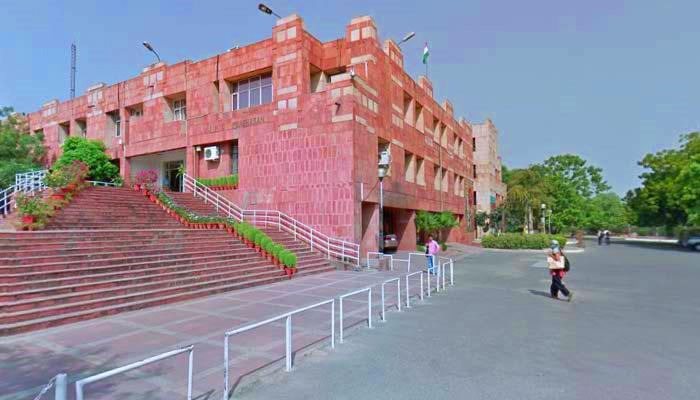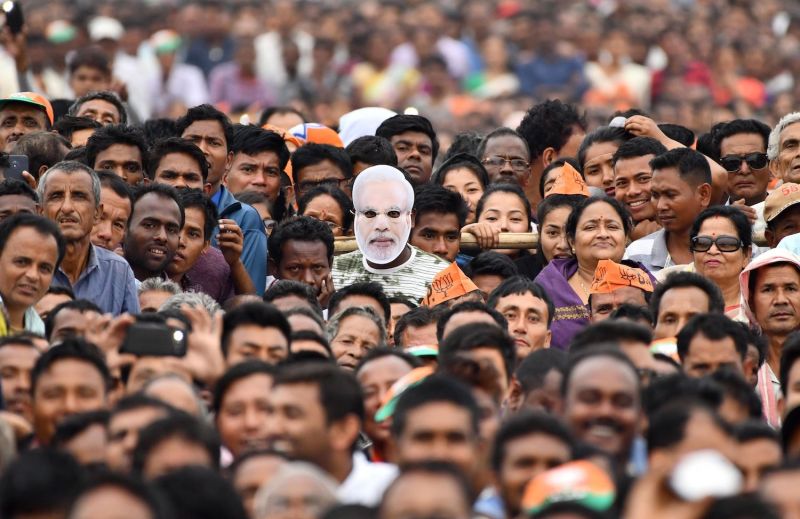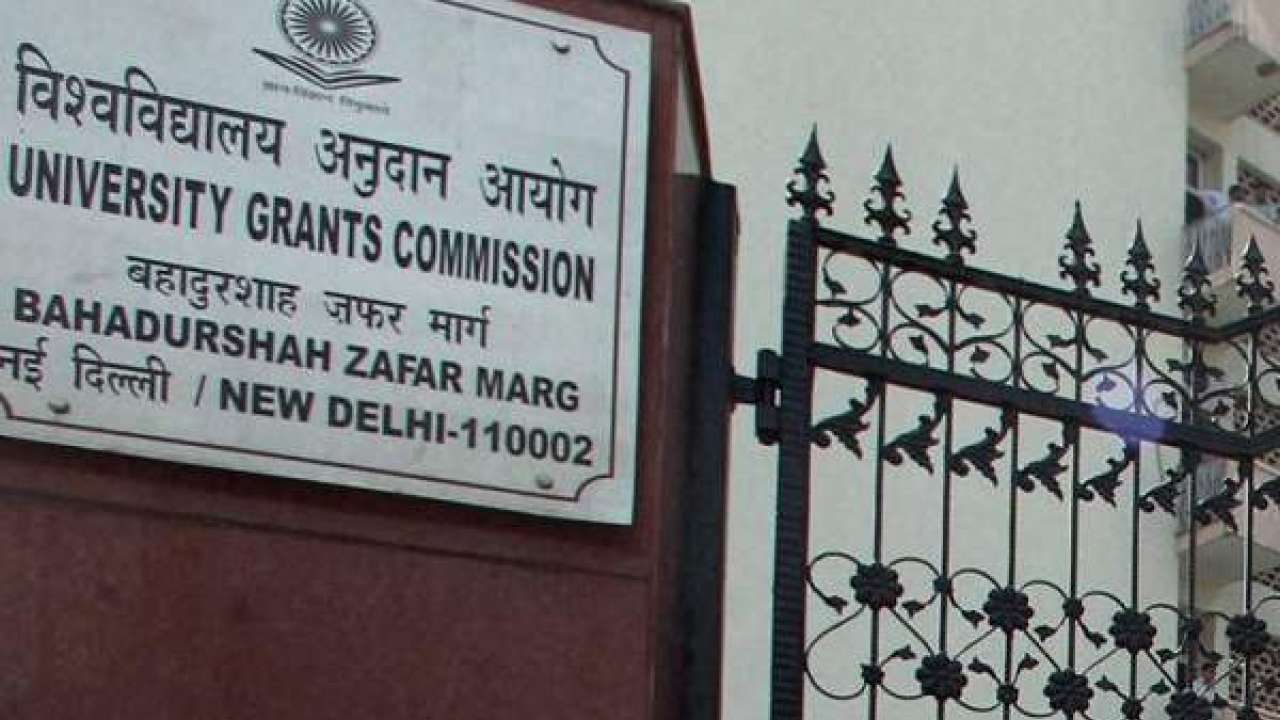We are living in the darkest days of democracy, being witness to nothing but a coup on the Indian constitution. The land is held in siege. Articles 370 and 35A have been unconstitutionally abrogated. The scrapping of Article 35A opened the floodgates of misogyny and sexism embedded in the mindsets of many. Posts such as ‘get a wife from Kashmir’ flooded the social media platforms. Bharatiya Janata Party member and MLA from Uttar Pradesh’s Khatauli constituency, Vikram Singh Saini was quoted stating, ‘Now, marry the white-skinned women of Kashmir’.
We were yet again exposed to the misogyny and sexism embedded the political narratives of masculine Hindutva Nationalism. Today, 19-year-old Unnao rape survivor is fighting for her life in ICU. She was gang-raped two years ago and the perpetrator included four times BJP MLA Kuldeep Singh Sengar. The case is reflective of larger nexus between police and the administration where there are reports of the security of the survivor keeping the accused inside the jail informed about her movements.
The Yogi Adityanath government continues the glorified silence while Modi-Amit Shah is busy with dismantling constitution. Among the bogey of Bills that were passed in the Parliament this week without any deliberation was also the the Transgender Persons (Protection of Rights) Bill, 2019 which the transgender community in India has opposed vehemently, calling the day of the passing of the bill as ‘Gender Justice Murder Day’.
Let us not forget that the ideology of Hindutva is rooted in Manusmriti. The same Manusmriti which says, day and night woman must be kept in dependence by the males of their families, and, if they attach themselves to sensual enjoyments, they must be kept under one’s control.
It is the same Manusmriti which says, her father protects her in childhood, her husband protects her in youth, and her sons protect her in old age; a woman is never fit for independence. This is the same Manusmriti which the political outfits inclined to the ruling political regime cite as a document for women’s empowerment.
A student from JNU had to undergo sexual assault just a couple of days ago and there have been no arrests in the case yet. This only goes on to show the grave lethargy on the part of the Delhi police in handling the case. It is a proven fact by now that Delhi is an extremely unsafe city for women and absolutely no improvement in the situation can be seen, yet again proved by this incident. The truth is that, the resort of a safe university space also no longer exists. We are observing the growing incidents of sexual harassment on campus in recent years. Our university campus is becoming increasingly hostile to women and gender insensitive.
Two years back we saw the biggest attack on gender justice on campus which was the replacement of the Gender Sensitisation Committee against Sexual Harassment (GSCASH) by the Internal Complaints Committee (ICC) in September 2017. GSCASH was constituted by JNU in 1999 after months of the struggle of JNUSU. Gender Sensitization and Orientation, Crisis Management and Mediation, and Formal Enquiry and Redressal are major functions of GSCASH. Rules and Procedures under GSCASH, apply to all students, teaching and non-teaching staff on active rolls of the university, residents, service providers and outsiders who may be within the territory of JNU at the time of the commission of the act attracting any such violation of GSCASH rules, on the university campus. The administration in its 269th Executive Council SFI (Student federation of India) 08 August 2019 meeting held on September 18, 2017 ordered for dissolution of an independent body – GSCASH- which has been a model for many universities in India since its inception in 1999.
In September 2018, the JNUSU defying the orders of the administration conducted elections to GSCASH. The student community is putting a strong fight through the elected GSCASH even now. It shouldn’t be forgotten that the only political organisation which stayed away from participating in the GSCASH election was the ABVP. From the functioning of ICC in the two years, it is clear that the body fails at maintaining even the basic principle of confidentiality as there were several instances of information leakage. ICC has notoriously declared the complainant out of bounds in one of its verdicts.
The Atul Johri case is a classic example of how the JNU Administration went out of the way to protect a professor because of his close links with the ruling regime. On 15th March 2018, a female student of Mr. Johri from SLS (School of Life Sciences) had written an e-mail to the accused following which the incident came into the light of the fellow students and the concerned authorities. It was also then brought into the light of concerned fellow students that she was not the first female student who had suffered his predatory behaviour.
Over the years, from different batches, as other students narrated it was whispered but no one really came out to take a stand against him or testify against his unwelcoming behaviour. The following night, nine female students had come forward to file an FIR. However, even the police authorities were reluctant to record an FIR resulting which students had to protest outside the Vasant Kunj police station to put pressure on the officials to write down the complaint.
The Atul Johri case marks an important episode in the near history of the university wherein the JNU student community stood up together to make sure the culprits are brought to justice.
But as shocking and saddening as it may sound Atul Johri is back to the SLS and continues to visit the school every day. This is in clear violation of the High Court order which says he cannot access the lab and classrooms. As atrocious as it may sound, the serial harasser Atul Johri is also given permission to guide research students and students are being connived to taking Atul Johri as their supervisor. ICC in the case has done shameless blaming of complainants and attempted multiple times to manipulate the witnesses. ICC even gave a report at the court suggesting it is Atul Johri who needs protection and not the complainants. We as a student community should ensure that Atul Johri does not resume his academic/administrative engagements and the complainants are given a safe environment to study.
I also appeal to all my friends; at this difficult juncture it is very important not to forget our struggles for gender justice on campus.
JNU administration and the puppet bodies are in an obnoxious quest to destroy every democratic institution only to make this campus increasingly vulnerable and dangerous for women students. We have to assert the need for a gender just campus space and strong institutional mechanism to deal with sexual harassment cases and for the purpose of gender sensitisation on campus. In this context, SFI had called for a march on 8th of August at 9 PM from Ganga Dhaba, which was addressed by Brinda Karat (former General Secretary AIDWA and former MP) and students marched from Ganga dhaba to Chandrabhaga hostel in large numbers.
Qasim Masumi is a Research Scholar at Jawaharlal Nehru University, currently working on Elderly prisoners.











